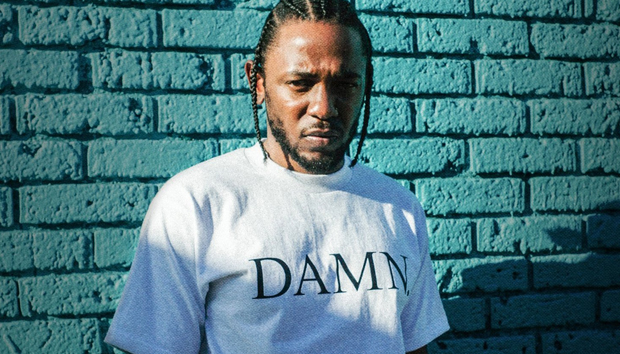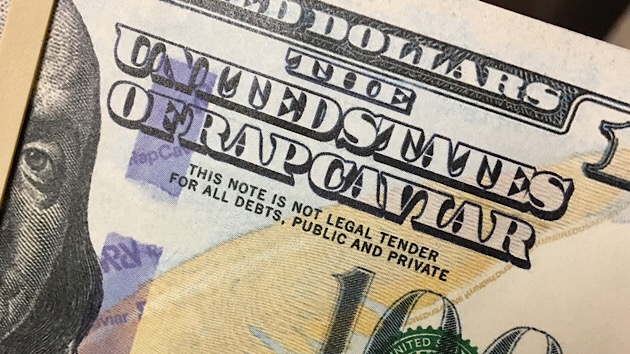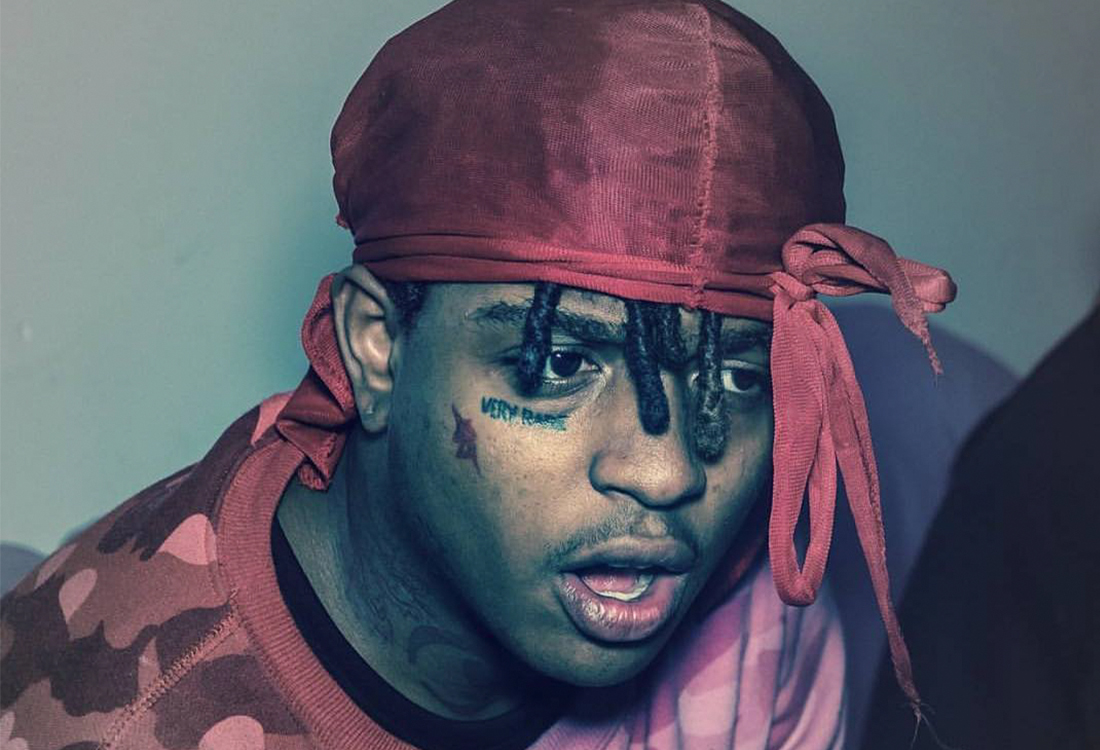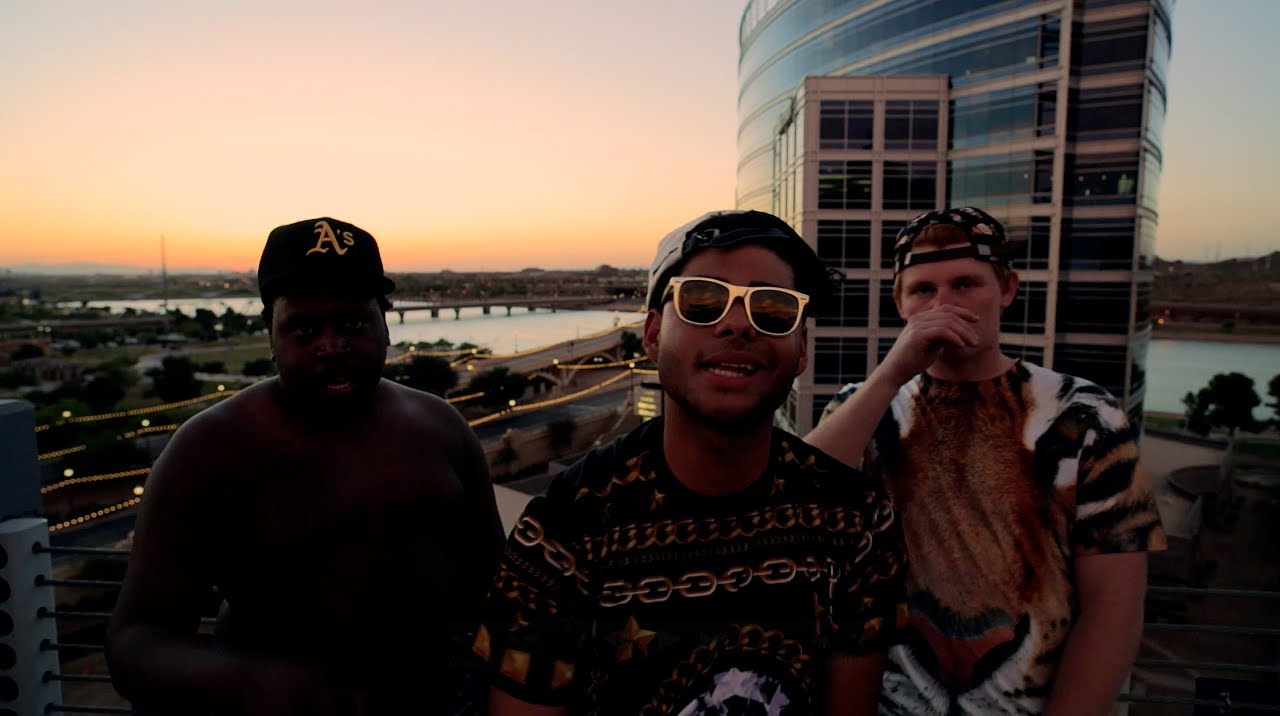I couldn’t finish watching it. I admit I tripped, but hear me out, though.
Around the four minute mark of The Needle Drop’s review of “.DAMN”, Anthony Fantano starts speaking on The Biblical influence on Kendrick’s controversial, yet acclaimed THIRD (clears throat) studio release. He started off subtly, but as every second passed, the condescension in his voice became a little more evident. This revealed what I all but figured by around the 8:30-minute mark, where he claims to view the premise for both “Yah” and “Cousin Carl’s interlude” (at the end of “Fear”) to be “Bullshit and stupid.”
It seemed to have struck to have struck a nerve with him. As an avid viewer of The Needle Drop, I’m aware of Fantano’s ability to articulate things he doesn’t like. “Bullshit and stupid” seemed a little immature. He damn sure struck a nerve with me.
Don’t get me wrong; I’ve heard this argument before. Not over the internet. I have friends that are Pan African, Muslim, Atheist, and so forth who all love the album (for the most part) but hate the premise behind it.
We’ve talked to and at each other. Face to face. Not over the internet. Conversations would go from direct eye contact to eyes rolling, or shooting away when triggers were uttered. These were the kind of dialogues that art is meant to spark. Uncomfortable, yet there was an earnest desire for understanding on both parts.
Why? Because as people of color, raised in an oppressive system, my contemporaries and I have grown to value each other’s perspective as a means to come to a collective conclusion to problems we face in real time. In real life. Not over the internet. We live the effects of “mass genocide, slavery, Jim Crow…” things Fantano was listing like he was being quizzed in school are real things to and for us. Not once in any of those conversations was anybody’s opinion labeled “bullshit” or “stupid.” There’s just too much at stake.
Maybe Fantano would have benefited from reading The “Black Art, White Voice” piece on DJBooth that dropped after his review. In it, Cassidy Kakin writes a heartfelt piece about understanding his place in Hip-Hop as a White writer. He speaks on the understanding that he will never fully “get it” because his connection to the conditions that lead rappers to create their works ends just as soon as he takes his headphones off.
“DAMN.” is Kendrick trying to make sense of the injustices he and, ultimately we face using his faith. Fantano ridiculing that for ANY reason does reek of White privilege, slightly. Is it so far off to believe we’re under a curse? Fantano’s last name can easily trace his heritage. How many Africans do you think were named Duckworth? Or Jones? Or Smith? We carry the names of our slave masters. There are generations of connections that have been lost, never to be connected until the afterlife. Can Fantano say in confidence that these ills, ills which were created by people who look like him, are “political, social, and economic”? But still, there’s another problem at hand, one that would shake the internet to its core if ever addressed. Does a critic’s opinion even matter if they aren’t the intended audience?
The insensitivity in which Fantano addresses Kendrick’s view is pompous, which is only offensive because I doubt Kendrick was thinking of him or people who think like him during this album’s conception. Fantano admits that these are personal feelings and that they don’t affect his opinion on the art itself — but by that time the damage is done.
Let’s say I was doing a review of Macklemore’s 2013 song “Same Love” from the ‘Great Escape’ album. You know, the one that infamously beat out Kendrick for a Grammy? If I started the review by saying “Personally, I believe homosexuality is wrong” the rest of my review would probably be null because I disagreed with the entire basis which brought the song to be. At that point, would my opinion matter much?
Then again, there were art critics who only talked about Basquiat’s technical ability (or lack thereof), completely unable to dig into the depths of his work. Maybe this is also a product of art. Logic said great art is divisive. Maybe — just maybe — great art gives an outsider enough insight to feel as if there an insider, even if only for an hour. Fantano continued to give the album a decent review.
I had to come back and watch it a second time. All is well, as the numbers and praise probably rang too loud for Kendrick to notice the review, but I did. Don’t get me wrong, I’m a fan of Fantano’s work. I just hope that for future reference, he considers how limited his vantage point is while reviewing Black art. Anybody, for that matter; just know when the shoe doesn’t fit and be gracious enough to let somebody else try it on for size.






